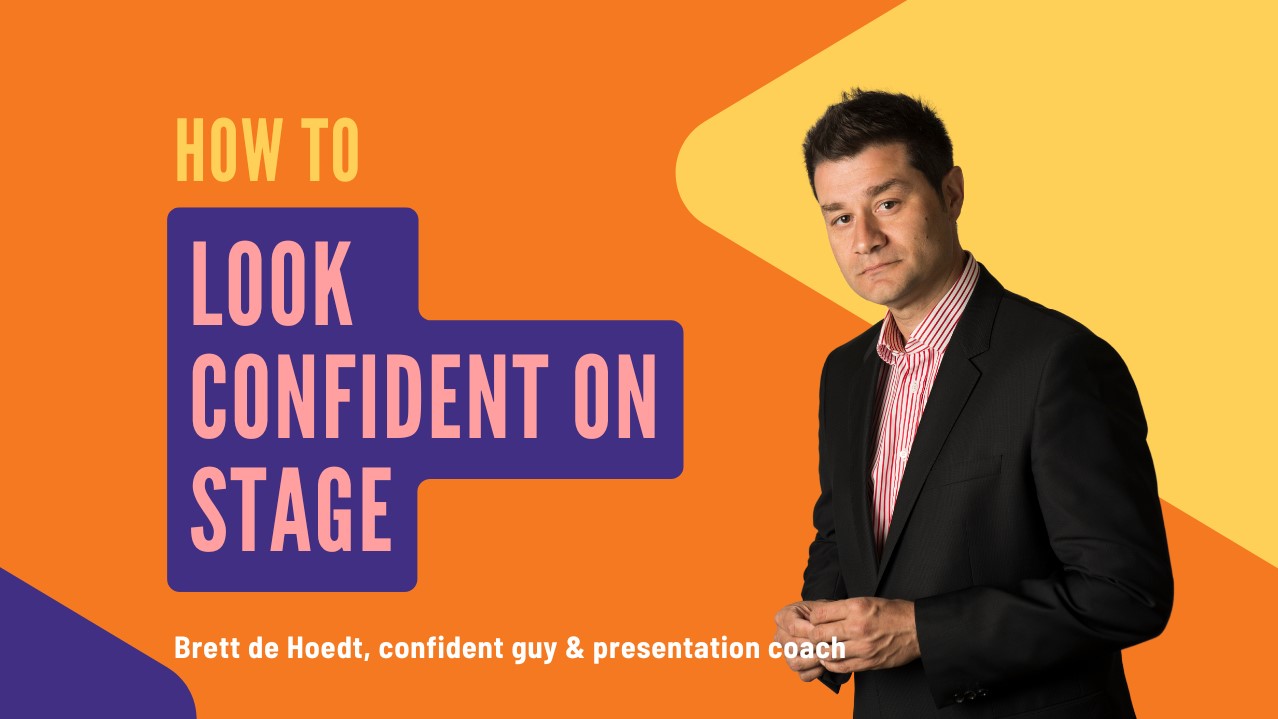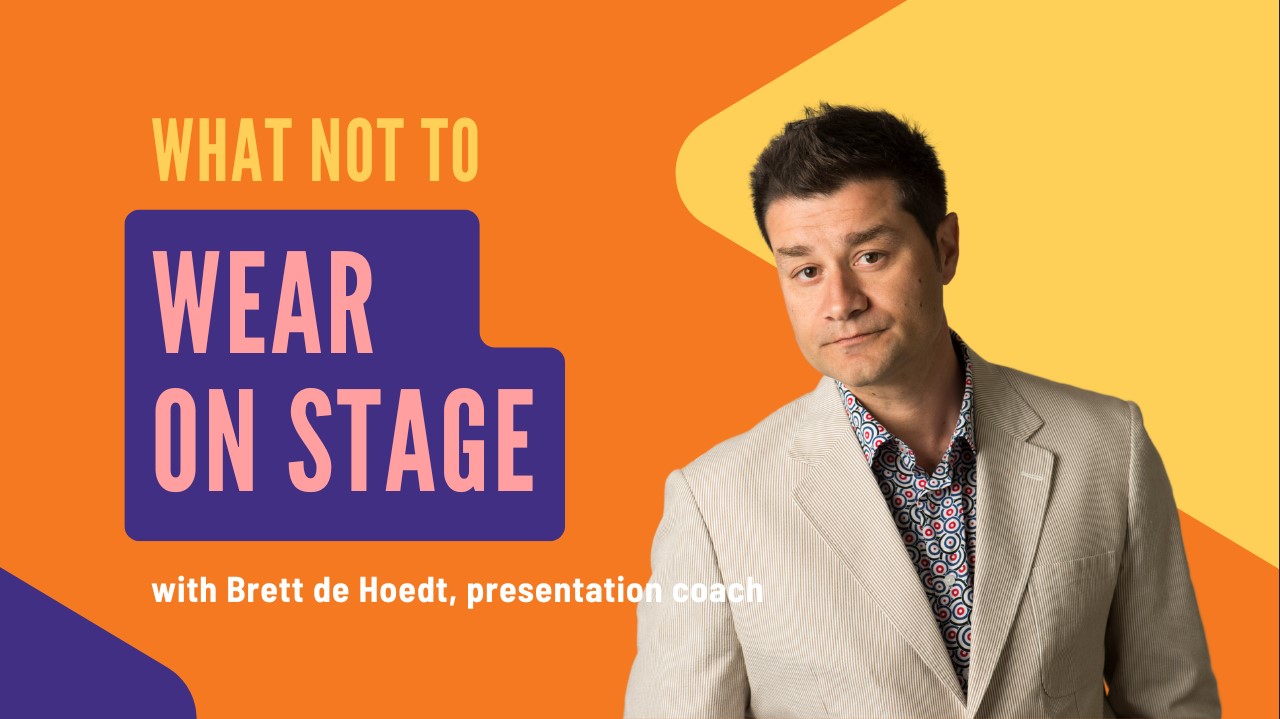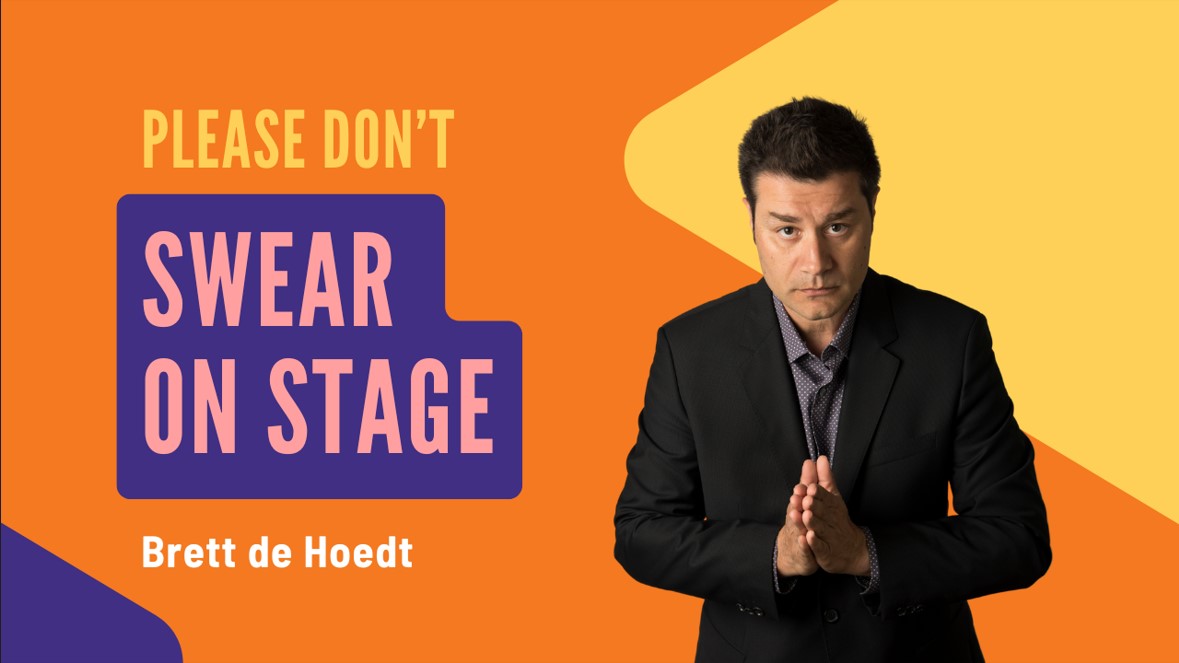In today’s digitally-dominated landscape, which thrives on quick texts, swift emails, and fleeting social media posts, the realm of face-to-face communication might seem to be on the periphery. Yet, as modes of communication evolve, the essence of direct interpersonal interaction remains irreplaceable. Whenever we recall moments of influence or inspiration, it’s often a well-articulated speech or a heartfelt conversation that stands out.
This realization brings us to a significant question: Are public speaking classes worth it? Navigating through the digital noise requires more than just having a message; it necessitates delivering it with clarity, conviction, and authenticity. For those who recognize the pivotal role of effective communication in both professional and personal settings, the structured guidance of public speaking courses can be transformational.
Why Public Speaking Matters
Watching professionals like Brett de Hoedt grace stages in Australia and New Zealand, one might believe that the magic lies solely in inherent talent. (So much talent!) This assumption is incorrect. The journey of a seasoned speaker is punctuated with hours of dedicated practice, myriad feedback loops, and continuous learning. Each public address, whether greeted with roaring applause or contemplative silence, serves as a lesson, highlighting the profound benefits of public speaking classes.
In our interconnected world, public speaking extends beyond the confines of grand auditoriums. From influencing corporate decisions in boardroom presentations and sharing crucial insights in academic settings to the intimacy of sharing personal stories on a podcast or during a family gathering, the spectrum of public speaking is vast. Regardless of the platform, the goal remains consistent: to resonate, influence, and inspire.
What You Gain From Public Speaking Classes
Doubters might question the tangible outcomes of enrolling in such courses. However, a closer look unveils the transformative potential they hold:
Skill Development: Going beyond mere rhetoric, public speaking courses delve into the science of communication. They offer a deep dive into constructing compelling narratives, leveraging vocal variations to enhance impact, and harnessing the silent power of body language. As participants progress, they discover layers to their communication style they never knew existed, setting them apart in any speaking endeavor.
Constructive Feedback: One of the standout offerings of formal courses is the continuous feedback mechanism. Practicing in isolation can often leave room for unobserved errors. In contrast, a structured course offers diverse perspectives, allowing one to understand audience reception better and fine-tune delivery accordingly. This rigorous process ensures that by the end of the course, participants have a keen sense of their strengths and areas for improvement.
Conquering Fears: Overcoming glossophobia, the fear of public speaking, isn’t just about bravado. It’s about understanding the root of the fear, adopting strategies to manage anxiety, and gradually building confidence through repeated practice. Public speaking courses don’t just provide a platform; they provide a supportive environment where participants transition from trepidation to eagerness.
Networking: The benefits of public speaking classes aren’t limited to skill acquisition. These courses serve as nexus points for individuals from diverse backgrounds, each bringing unique experiences and insights. Engaging with such a wide array of participants fosters collaborative learning, exposes attendees to different viewpoints, and often paves the way for future collaborative endeavors.
The Self-Taught Route vs. Formal Courses
The internet, a treasure trove of resources, offers countless articles, videos, and courses at one’s fingertips. So, why opt for formal courses? Consider this analogy: self-learning is akin to wandering in a vast library without a guide, while formal courses provide a curated syllabus, expert guidance, and structured progression. While both paths lead to knowledge, formal courses ensure a comprehensive, well-rounded understanding, emphasizing application over mere theory acquisition. And hey – wouldn’t you rather be better sooner rather than later?
Investment vs. Return: Is It Worth It?
Are public speaking classes worth it in terms of return on investment? Assessing the value proposition of public speaking courses is not a mere cost-benefit analysis. It’s about envisioning the broader horizons these skills can open up. Think of the newfound confidence in addressing an audience, the potential to influence key decisions, or the ability to inspire change.
How much do you value feeling more assured on stage?
Yes, there’s a monetary investment involved, but the returns – in terms of personal growth, professional opportunities, and societal impact – can be immeasurable. When viewed through this lens, the courses offer value that transcends their price tag. After all one more sale, approval, client or donor can mean a lot to you.
So, Are Public Speaking Classes Worth It?
Public speaking courses represent more than just a skill enhancement tool; they symbolize a journey of personal and professional evolution. As society becomes increasingly interconnected, the ability to convey ideas effectively will determine influencers from listeners. If the objective is to leave a lasting impact, to inspire change, and to be heard in the truest sense, then the myriad benefits of public speaking classes make the decision abundantly clear: they are not just worth the investment; they are essential.





